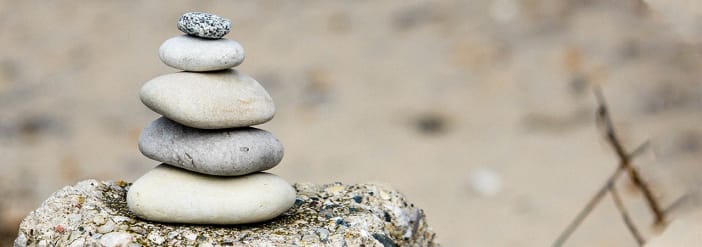Three places where social distancing isn't an option
Written by Tearfund | 01 Apr 2020



Written by
Written by Tearfund
Cramped, basic, desperately hard – refugee camps are never the first-choice locations for people to set up home. These are places where clean water is scarce, sanitation is poor, diseases spread quickly and social distancing isn’t an option.
Across the world today, there are 70.8 million people who have been forcibly displaced from their homes due to conflict, violence or persecution. These are now some of the people most vulnerable to the coronavirus crisis.
Here are three of the places where Tearfund and our partner organisations are responding:
Cox’s Bazar, Bangladesh
In the world’s largest refugee camp, it’s estimated between 60,000 and 90,000 Rohingya people are living in each square kilometre. Typically, 12 people occupy each make-shift shelter and many more use the same water well and toilet.
‘'We will need to dig deep'’
So far there has been one reported case of coronavirus in Cox’s Bazar. It’s feared that, if it spreads, it’ll spread fast and the consequences will be catastrophic.
Tearfund staff and partners, alongside the Bangladeshi government and the UN, are supporting people by providing access to clean water, as well as sharing messages about good sanitation to prevent the spread of the virus.
‘We have distributed hygiene kits, but getting access to the camps is likely to become even harder as the country goes into lockdown,’ says Sudarshan Reddy Kodooru, Tearfund’s Country Director in Bangladesh. ‘The handpumps and sanitation facilities we’ve been able to provide will be more important than ever.
‘We will need to dig deep as we care for ourselves, our families and our Rohingya neighbours who are among the most vulnerable people in the world and need our support through this difficult time.’
Barranquilla, Colombia
In Colombia, thousands of Venezuelan refugees, who fled the political and economic crisis back home, are facing weeks with very little food after a coronavirus lockdown.
The city of Barranquilla hosts more than 15,000 Venezuelan families who have taken refuge in temporary accommodation. Most of them depend on being able to go out to work in order to put food on the table, but now they can no longer leave their houses.
‘Children and families have been suffering from lack of food for a long time now and are at high risk because of how impossible it is to get food,’ says Rosa Camargo de Bravo, who leads Tearfund’s work in Latin America and the Caribbean.
To try and stop the spread of coronavirus, the Colombian government ordered that everyone should stay home for the next three weeks.
Thankfully, relief agencies such as Tearfund and local churches have been given special permission to carry on supporting people. In the past week alone our church partners have delivered food baskets to 600 families with young children.
They will continue to reach out to help the most vulnerable, including the elderly and women and children who are at risk of violence and abuse when confined to their homes.
‘Tearfund and local churches have been given special permission to carry on supporting people.’
Lebanon
Lebanon is one of the most densely populated countries in the world and is home to 1.5 million people forced to flee fighting in Syria. To put this in perspective, there is one Syrian refugee for every four Lebanese nationals.
A large-scale outbreak of coronavirus here would be devastating. The healthcare system is already overwhelmed because of an ongoing economic crisis combined with the large numbers of people. On 15 March, the Lebanese government declared a state of emergency in response to more than 300 cases and four deaths. The nation is currently in lockdown until at least 12 April.
‘As Christians we need to reach out to people who are in need and to keep up people’s hope for the future,’ says Karen Soerensen, Tearfund’s Country Director for Lebanon.
‘We are adjusting the way we work to continue to offer psychosocial support and assess the basic needs of the most vulnerable.
‘We are concerned that gender-based violence will increase. Some things, such as counselling, can be offered over the phone. And our partner in Lebanon is keeping support for young people going through social media and regular calls.’
Tearfund partners are also distributing hygiene kits and materials to raise awareness about how to prevent the spread of coronavirus.
Please lift up all those who are living in refugee camps or temporary settlements across the world, as they are particularly vulnerable to coronavirus.
PLEASE PRAY
• Pray for refugees who have already experienced so much trauma from being forced to flee their homes. Pray for their peace, healing and protection.
• Lift up in prayer all Tearfund’s staff and partner organisations as they continue to try and reach the most vulnerable people in such challenging circumstances.
• Pray that coronavirus doesn’t spread in refugee camps and temporary settlements, where it could be so catastrophic.
Share this page
Share this page to spread the word and help support those in need.

Get our email updates
Learn about our work and stay in touch with Tearfund. Hear about our news, activities and appeals by email.
Sign up now - Get our email updates






